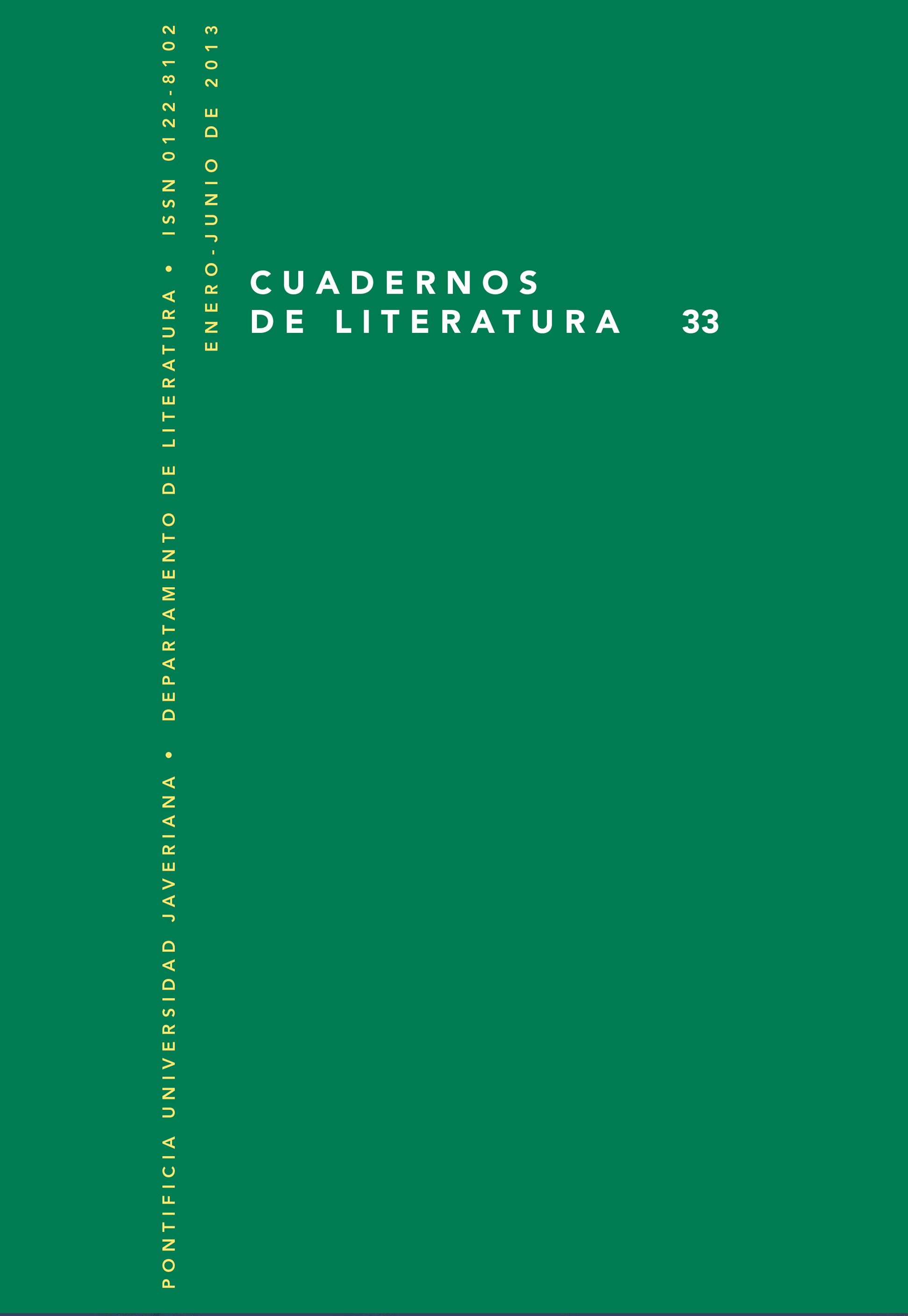Abstract
En 1935, se publicó en Argentina La última niebla de María Luisa Bombal, novela que, de inmediato, fue aclamada por la crítica. Después de radicarse en Estados Unidos a partir de 1942, la autora ofreció esta novela breve a Farrar Straus & Giroux, editorial que se interesó en publicarla en inglés con la condición de que se ampliara a un mínimo de doscientas páginas. Dada esta situación, María Luisa Bombal decidió escribir House of Mist (1947), novela que aunque basada en la trama central de La última niebla, pasó por una reelaboración para adecuarse a las preferencias de la entretención masiva en Estados Unidos. La utilización de recursos del cine (historia de amor, argumento detectivesco) resultó todo un éxito: House of Mist fue traducida al francés, al sueco, al portugués y al japonés. Además, Paramount Pictures compró los derechos por ciento veinticinco mil dólares —una verdadera fortuna para la época— con el objetivo de hacer una película que hasta hoy no se ha realizado.
No obstante la amplia circulación de House of Mist, solo después de sesenta y cinco años esta novela, ahora titulada Casa de niebla, fue publicada en castellano por Ediciones de la Pontificia Universidad Católica de Chile en marzo 2012. El mayor desafío de esta traducción fue imitar el estilo tan distintivo de la autora en sus textos escritos en castellano en los que se utilizan imágenes poéticas y un ritmo que infunde suspenso o emocionalidad.
Lucía Guerra
Cuadernos de Literatura is registered under a Creative Commons Attribution 4.0 International Public License. Thus, this work may be reproduced, distributed, and publicly shared in digital format, as long as the names of the authors and Pontificia Universidad Javeriana are acknowledged. Others are allowed to quote, adapt, transform, auto-archive, republish, and create based on this material, for any purpose (even commercial ones), provided the authorship is duly acknowledged, a link to the original work is provided, and it is specified if changes have been made. Pontificia Universidad Javeriana does not hold the rights of published works and the authors are solely responsible for the contents of their works; they keep the moral, intellectual, privacy, and publicity rights.
Approving the intervention of the work (review, copy-editing, translation, layout) and the following outreach, are granted through an use license and not through an assignment of rights. This means the journal and Pontificia Universidad Javeriana cannot be held responsible for any ethical malpractice by the authors. As a consequence of the protection granted by the use license, the journal is not required to publish recantations or modify information already published, unless the errata stems from the editorial management process. Publishing contents in this journal does not generate royalties for contributors.


